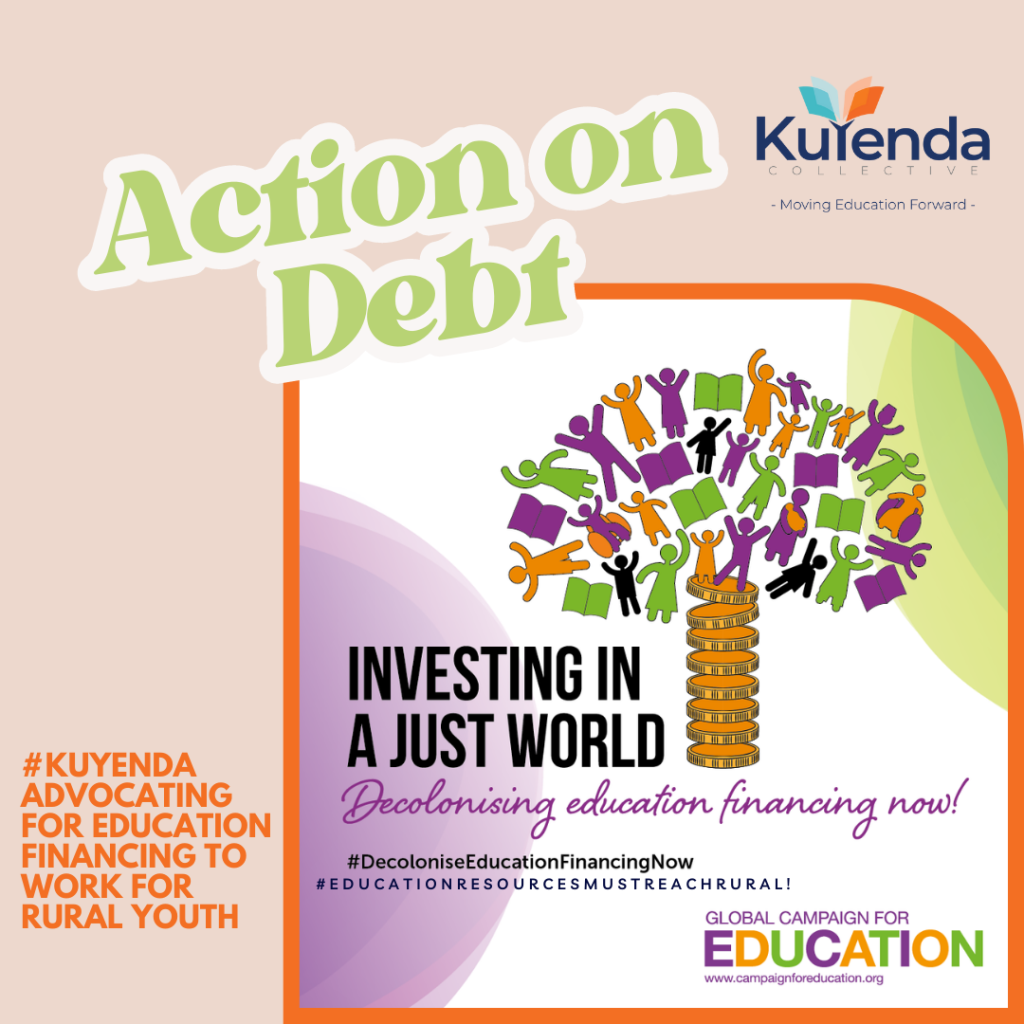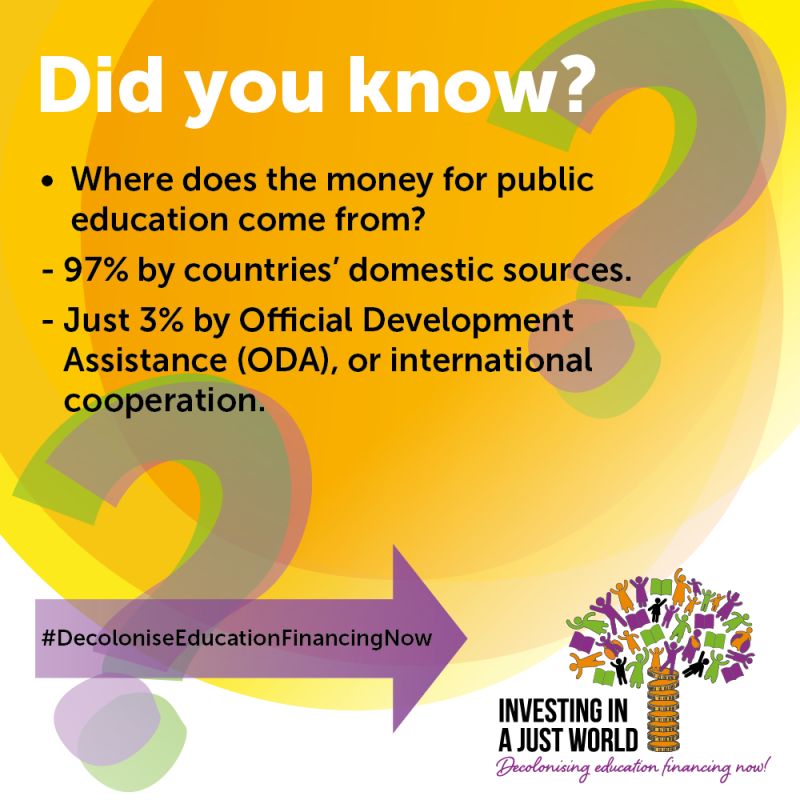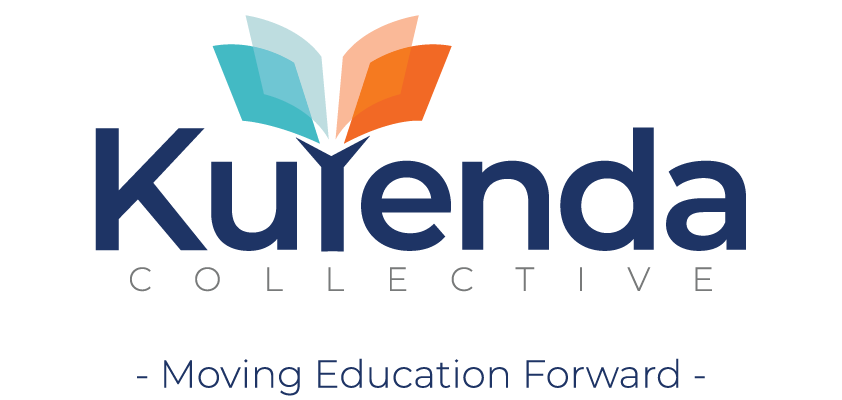Investing in education over debt repayment in Southern Africa

Expenditure on education and country debt are two critical areas that African countries must manage to promote socioeconomic development. Countries like Zimbabwe, Malawi, Tanzania, and Mozambique have varying levels of investment in education and debt repayment.
In Zimbabwe, the government has struggled with high levels of debt, estimated to be around 80% of GDP, with education accounting for just over 9% of the national budget. Malawi, in contrast, allocates 17% of its budget to education, while debt accounts for around 24% of GDP. Tanzania is one of the few African countries that have prioritized public education, with the government dedicating more than 18% of its budget to education, while debt accounts for around 36% of GDP. Mozambique has allocated around 19% of its budget to education, while debt accounts for around 107% of GDP.

Investing in education has many long-term benefits such as improving literacy rates, reducing poverty, and promoting economic growth. In contrast, paying off debt does not have an immediate impact on socioeconomic development and can even stifle growth by limiting investment in critical sectors such as education. Investing in education is, therefore, more beneficial in the long run.
Join the Global Action Week for Education #GAWE2023 and learn more about how you can advocate for prioritisation of education financing in your community


